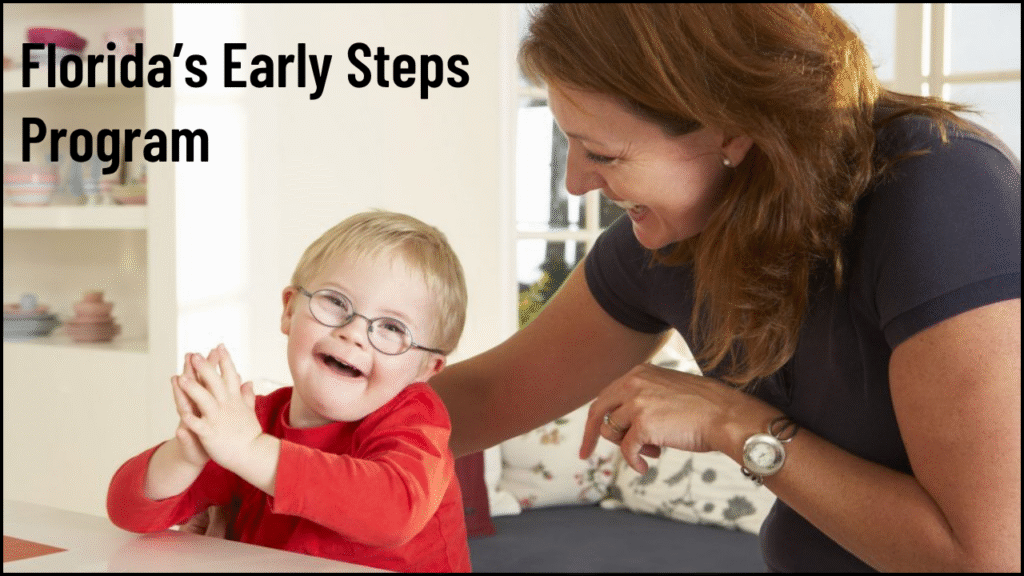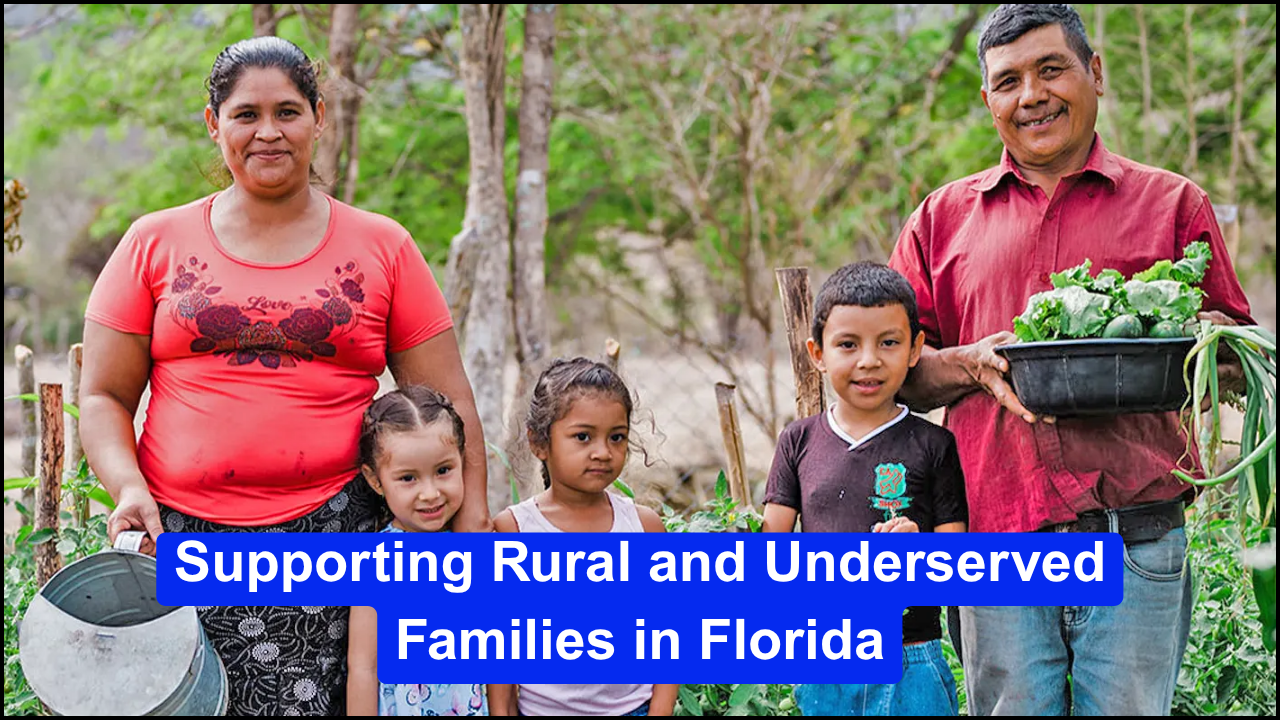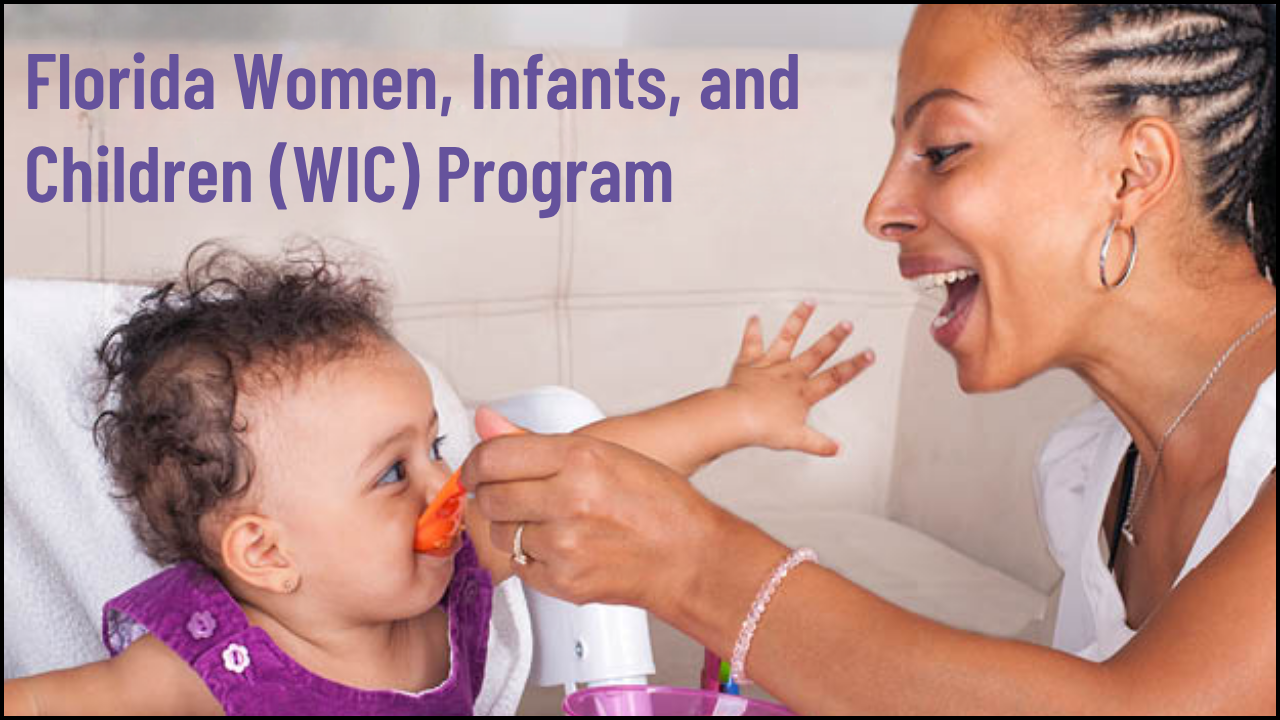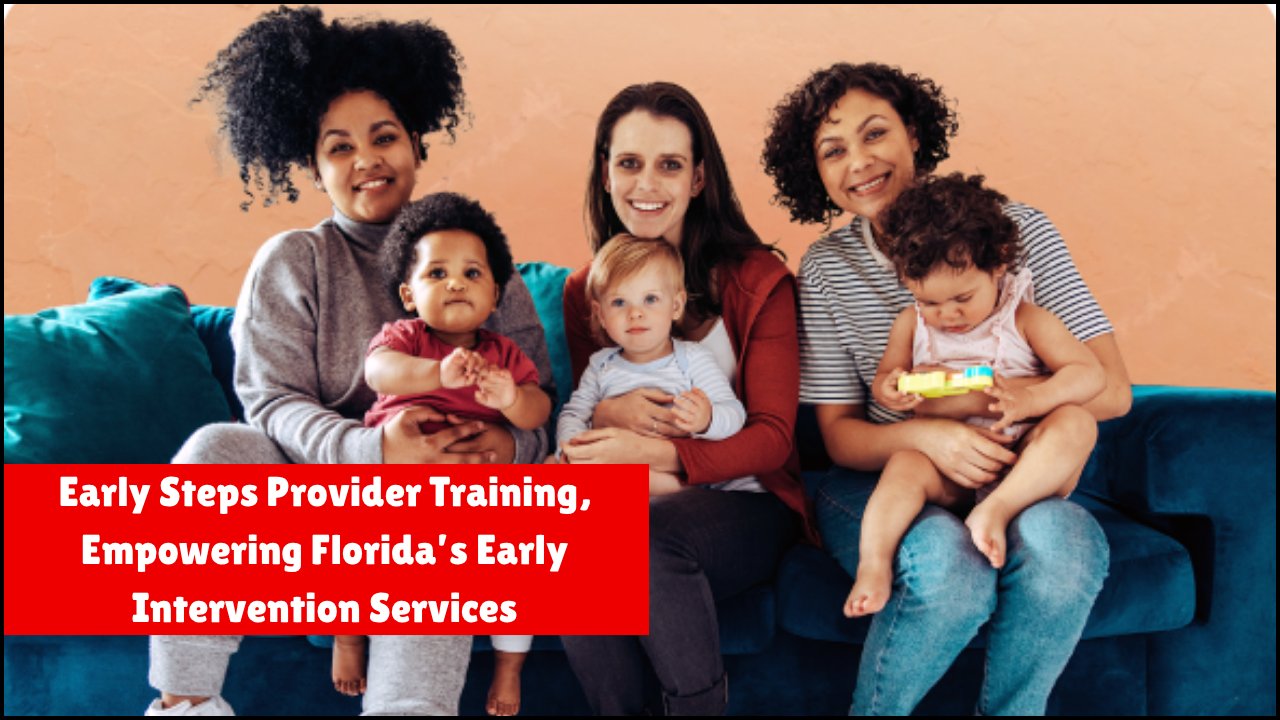
Child development often unfolds uniquely, yet certain universal milestones guide early growth. When delays occur or a condition puts a child at risk, families need support and clarity. Florida’s Early Steps Program stands as a vital early intervention service for infants and toddlers from birth to 36 months, helping them overcome developmental delays or challenges. This article explores the eligibility criteria, screening process, and available support through this essential state program.
Table of Contents
Key Features of the Early Steps Program
- Target Age Group: Birth to 36 months
- Focus: Children with developmental delays, disabilities, or at-risk conditions
- Service Nature: Family-centered early intervention
- Referral Methods: Parents, caregivers, physicians, or anyone involved in the child’s care
- Next Step After Referral: Determination of eligibility followed by support planning
Types of Eligibility for Early Steps Services
1. Children with Established Conditions
Certain diagnosed conditions automatically qualify a child for Early Steps services. These conditions are medically recognized as increasing the risk of developmental delays.
| Condition Type | Examples and Notes |
|---|---|
| Genetic and Metabolic Disorders | Includes chromosomal abnormalities and inherited metabolic dysfunctions |
| Neurological Disorders | Encompasses cerebral palsy, epilepsy, and other central nervous system issues |
| Autism Spectrum Disorder (ASD) | Children officially diagnosed with ASD |
| Severe Attachment Disorder | Deep relational difficulties that hinder normal social-emotional development |
| Sensory Impairments | Vision or hearing loss, either partial or complete |
| Low Birth Weight (<1,200 grams) | Infants born significantly underweight and at risk of developmental delays |
2. Children with Developmental Concerns
Even without a diagnosed condition, some children may demonstrate signs of delayed development. In such cases, eligibility is determined based on professional evaluations in various developmental domains.
| Domain | Focus Areas |
|---|---|
| Physical Development | General health, hearing ability, vision function |
| Cognitive Skills | Thinking capacity, problem-solving, and basic learning processes |
| Motor Skills | Gross motor (walking, crawling) and fine motor (grasping, coordination) |
| Communication | Babbling, speech clarity, language understanding, and usage |
| Social and Emotional | Peer interaction, play behavior, and emotional regulation |
| Adaptive Development | Self-help tasks like feeding, dressing, and toileting |
Developmental Milestones to Watch
Parents and caregivers often monitor developmental progress by tracking key milestones. While some variation is natural, significant delays may indicate the need for early intervention.
| Age Range | Common Milestones |
|---|---|
| 0–6 Months | Smiling responsively, rolling over, cooing, and making eye contact |
| 6–12 Months | Sitting unsupported, crawling, saying simple sounds like “mama” |
| 12–18 Months | Walking, using a few meaningful words, and playing peek-a-boo |
| 18–24 Months | Following simple instructions, using 2-word phrases, and building small towers |
| 24–36 Months | Running, speaking in sentences, and showing interest in other children |
Referral and Evaluation Process
Step-by-step flow ensures a child receives timely support if delays or conditions are detected.
- Step 1: Referral Submission
- Can be done by parents, doctors, daycare providers, or others
- No need for a medical diagnosis at this stage
- Step 2: Developmental Screening
- A team of specialists conducts screenings using age-appropriate tools
- Step 3: Comprehensive Evaluation
- In-depth assessments in multiple domains
- Determines if a developmental delay is present
- Step 4: Eligibility Decision
- Based on screening outcomes and any diagnosed conditions
- Step 5: IFSP Creation (if eligible)
- A customized Individualized Family Support Plan outlines services and goals
Role of the IFSP Team
Once a child is found eligible, Early Steps forms an IFSP team composed of professionals and family members. The collaboration ensures services are tailored to the child’s specific needs.
| IFSP Team Member | Role and Responsibilities |
|---|---|
| Parents/Caregivers | Provide insights into the child’s day-to-day behavior and needs |
| Service Coordinator | Facilitates communication and service delivery |
| Assessment Professionals | Offer evaluation results from at least two distinct professional disciplines |
| Specialists (as needed) | Speech therapists, occupational therapists, psychologists, etc. |
Why Early Intervention Matters
Early detection and support significantly enhance a child’s developmental trajectory. Intervention during the first three years of life—when the brain is most adaptable—can:
- Improve cognitive, social, and motor skills
- Boost school readiness
- Enhance family confidence in supporting the child
- Prevent worsening of delays or secondary issues
Common At-Risk Indicators Parents Should Observe
| Behavioral Signs | Possible Concerns |
|---|---|
| No smiling by 3 months | May signal social or emotional delay |
| No babbling by 6–8 months | May indicate a speech or hearing issue |
| Not walking by 18 months | Could be a sign of gross motor or neurological delay |
| Little interest in others | May point to social or cognitive difficulties |
| Inability to follow instructions | Could highlight communication or cognitive concerns |
Contacting Early Steps
Anyone with concerns is encouraged to reach out directly. There’s no need to wait for a medical professional to raise the issue. Early Steps operates on a family-centered approach where proactive participation can make a lasting difference.
- Phone: Contact your local Early Steps office
- Online: Submit a referral form via the official Florida Health website
- In-person: Pediatricians and child care centers can help initiate referrals
Summing Up
Childhood development should be nurtured with timely attention and support. Florida’s Early Steps Program ensures that infants and toddlers who face delays or at-risk conditions receive services tailored to their individual needs. Eligibility determination, milestone observation, and early intervention planning work together to improve long-term outcomes. Families who engage early often see the most progress and find peace of mind in knowing they are not alone in supporting their child’s journey.





